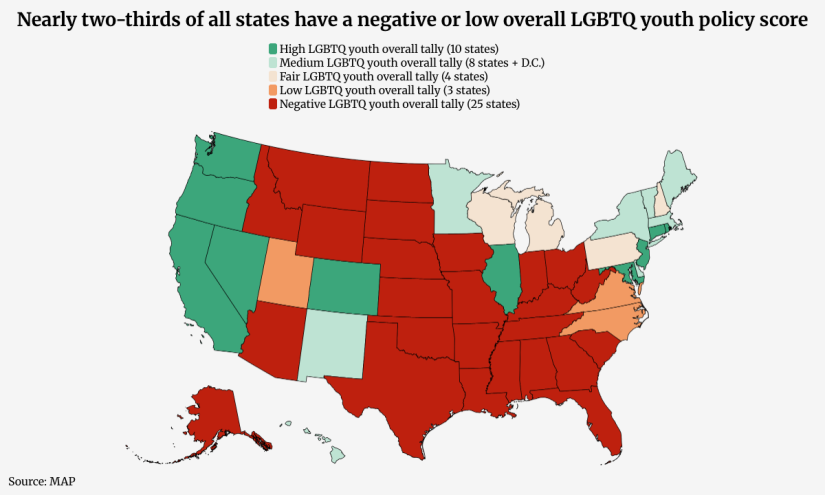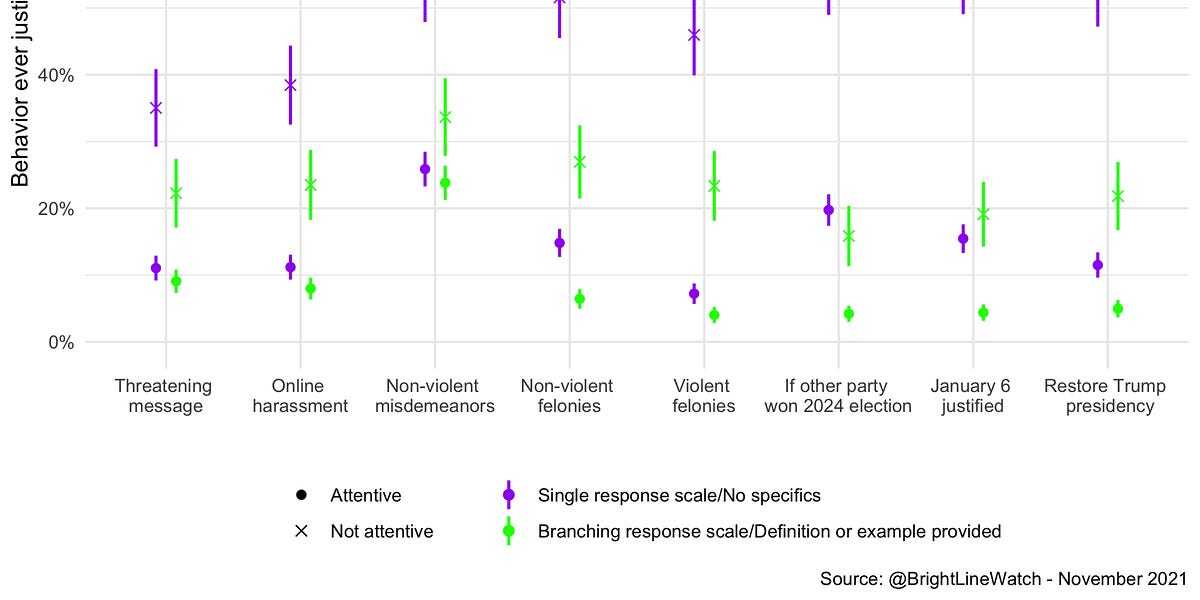alyaza [they/she]
internet gryphon. admin of Beehaw, mostly publicly interacting with people. nonbinary. they/she
- 2.65K Posts
- 1.18K Comments

 21·1 month ago
21·1 month agoyou’re being pointlessly aggressive about something that is subjective and which obviously cannot progress from the fundamental disagreement you have here, please chill out a bit

 9·2 months ago
9·2 months agoof note: Italian dockworkers are threatening to shut down Europe if this flotilla is not allowed through or if contact is lost with the flotilla:
Speaking at a rally on the docks of Genoa, one of Europe’s largest ports, a dockworker representing the USB union said that if communication with the flotilla were lost “even for just 20 minutes,” port workers would immediately block all shipments to Israel, regardless of their content.
“Around mid-September, these boats will arrive near the coast of Gaza. If we lose contact with our boats, with our comrades, even for just 20 minutes, we will shut down all of Europe,” said the dockworker, a video of whom has circulated widely online and in Italian media but who has not been identified.
“From this region 13 to 14,000 containers leave every year for Israel, not a single nail will leave anymore,” he added.

 9·2 months ago
9·2 months agoof note, CUPE leadership was willing to go to jail over the strike. for a sense of what they struck over, see these two articles from Spring Magazine, and CUPE’s “Unpaid Work Won’t Fly” page

 7·3 months ago
7·3 months agothis is significant because it initially looked like Harrell, the more centrist option, would breeze through this race; now, though, it seems like a very real possibility that Seattle will also elect a progressive mayor this November in Katie Wilson. (her platform is, though not socialist like Zohran Mamdani’s, still pretty good and deserves your support)

 8·3 months ago
8·3 months agoalso in this edition: Democrats have started to introduce bills to bar federal agents from concealing their identity; there are pushes to also do this in California and New York

 1·3 months ago
1·3 months agowe’re going to start removing these because they’re indistinguishable from low-quality bait.

 4·3 months ago
4·3 months agolong-time Beehaw users might see much of this article as the offline corollary to one of the works that influences our community philosophy, which is “Killing Community”
If you want to absolutely destroy a website that is all about building communities and meeting new people, then aim for the site and all communities to always be growing as much as possible. Make that a design goal of the site. Pump those subscriber numbers up.
What you’ll get is a place where everyone is a stranger, where being a jerk is the norm, where there is no sense of belonging, where civility and arguing in good faith is irrelevant because you’re not talking to someone, you’re performing in front of an audience to make the number next to your comment go up so you can briefly feel something that almost resembles belonging and shared values.

 8·3 months ago
8·3 months agothe relevant paper here:
Humpback Whales Blow Poloidal Vortex Bubble Rings.
see also the Detroit Socialist article Airgas Teamsters on Strike in Ferndale: Greed Is in the Air

 3·4 months ago
3·4 months agoDuncan is an interesting guy these days. he is one of a number of Republicans who was basically run out of the party for refusing to be fascist and autocratic enough, and he was formally expelled from the party last year after endorsing Joe Biden and then Kamala Harris. i doubt he has sufficient distance or credibility to make it through a Democratic primary, but you never know. the Republican-to-Never Trumper-to-Democrat pipeline has been a pretty successful move for other people

 3·4 months ago
3·4 months agofor more on this, see the New York Times article on the observatory: How Astronomers Will Deal With 60 Million Billion Bytes of Imagery
Each image taken by Rubin’s camera consists of 3.2 billion pixels that may contain previously undiscovered asteroids, dwarf planets, supernovas and galaxies. And each pixel records one of 65,536 shades of gray. That’s 6.4 billion bytes of information in just one picture. Ten of those images would contain roughly as much data as all of the words that The New York Times has published in print during its 173-year history. Rubin will capture about 1,000 images each night.
As the data from each image is quickly shuffled to the observatory’s computer servers, the telescope will pivot to the next patch of sky, taking a picture every 40 seconds or so.
It will do that over and over again almost nightly for a decade.
The final tally will total about 60 million billion bytes of image data. That is a “6” followed by 16 zeros: 60,000,000,000,000,000.

 7·4 months ago
7·4 months agothe study: Majority support for global redistributive and climate policies
We study a key factor for implementing global policies: the support of citizens. The first piece of evidence is a global survey on 40,680 respondents from 20 high- and middle-income countries. It reveals substantial support for global climate policies and, in addition, for a global tax on the wealthiest aimed at financing low-income countries’ development. Surprisingly, even in wealthy nations that would bear the burden of such globally redistributive policies, majorities of citizens express support for them. To better understand public support for global policies in high-income countries, the main analysis of this Article is conducted with surveys among 8,000 respondents from France, Germany, Spain, the UK and the USA. The focus of the Western surveys is to study how respondents react to the key trade-off between the benefits and costs of globally redistributive climate policies. In our survey, respondents are made aware of the cost that the GCS [a global carbon price funding equal cash transfers] entails for their country’s people, that is, average Westerners would incur a net loss from the policy. Our main result is that the GCS is supported by three quarters of Europeans and more than half of Americans.
Overall, our results point to strong and genuine support for global climate and redistributive policies, as our experiments confirm the stated support found in direct questions. They contribute to a body of literature on attitudes towards climate policy, which confirms that climate policy is preferred at a global level17,18,19,20, where it is more effective and fair. While 3,354 economists supported a national carbon tax financing equal cash transfers in the Wall Street Journal21, numerous surveys have shown that public support for such policy is mixed22,23,24,25,26,27. Meanwhile, the GCS— the global version of this policy—is largely supported, despite higher costs in high-income countries. In the Discussion, we offer potential explanations that could reconcile the strong support for global policies with their lack of prominence in the public debate.

 2·4 months ago
2·4 months agothis is going over hilariously on social media, despite the insistence by the Grammy’s that it has nothing to do with Beyonce’s win last year:
Recording Academy CEO Harvey Mason Jr. told Billboard that the proposal for the two new categories was submitted previously several times before it passed this year. The new categories “[make] country parallel with what’s happening in other genres,” he explained, pointing to the other genres which separate traditional and contemporary. “But it is also creating space for where this genre is going.”
Traditional country now focuses on “the more traditional sound structures of the country genre, including rhythm and singing style, lyrical content, as well as traditional country instrumentation such as acoustic guitar, steel guitar, fiddle, banjo, mandolin, piano, electric guitar, and live drums,” the 68th Grammys rulebook explains.

 111·4 months ago
111·4 months agoi think this topic has about run its course in terms of productiveness, and has mostly devolved into people complaining about being held to (objectively correct) vegan ethics. locking

 21·5 months ago
21·5 months agosomeone on Bluesky analogized what is happening to how QAnon transpired for most people, which is that the crazification it was causing simmered under the surface until January 6, when it all publicly exploded and the influence it had over a non-trivial block of the population became undeniable. hard to disagree with that!

 15·5 months ago
15·5 months agothe paper in question: Efficient mRNA delivery to resting T cells to reverse HIV latency by Paula M. Cevaal et al.
Moderates












































there’s some real deadpan gold in this one, such as the immaculate: